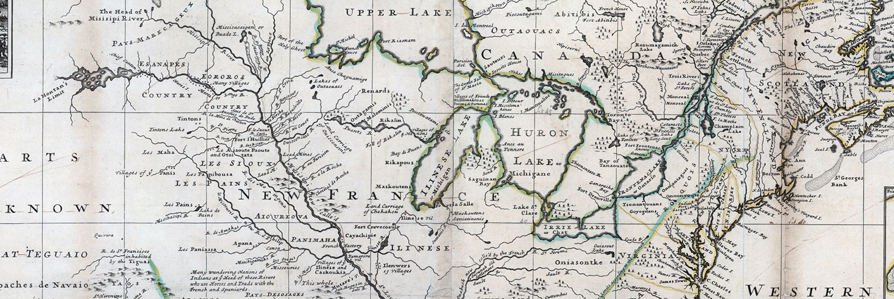
Summer Academy in Atlantic History
Academy news
4th Summer Academy in Atlantic History
Lancaster University, UK, 25-28 August 2015

Lancaster is the ancient county town of Lancashire, in the North-west of England. It has the status of a city, although it pales in size in comparison with the industrial cities of the region and the administrative centre of the shire is in the city of Preston. It also sits in a vital strategic position at the centre of the great arterial route from London to the North-West Highlands of Scotland: a tradition which is echoed in the modern day as the M6 motorway follows the old A6 coaching road, as does the main west coast railway line. Lancaster therefore has the best of both worlds, combining a high quality of life, historical spendour and spectacular scenery on all sides, with fast connections to Manchester, Liverpool, Leeds, Birmingham, Glasgow, Edinburgh and London.
The 4th Summer Academy will be held at Lancaster University, about three miles south of the city on the A6 (and Junction 33 of the M6). Lancaster was one of the wave of new universities which were founded in the early 1960s: in Lancaster's case, in 1964, so the Summer Academy falls at the end of a year of celebrations and milestones to mark the university's 50th anniversary.
There are many connections between Lancaster and its region, the Atlantic and the Americas. Below are listed just a few, but part of this year's Academy will commemorate the region's trans-Atlantic legacy.
- Lancaster sits towards the mouth of the River Lune, and prior to the development of Liverpool, was a major west coast trading port to Ireland and to the Americas. A classical building on the quays, along with the old warehouses, is the Richard Gillow (of the famous furniture-making family) Customs' House, now the city's Maritime Museum.
- Lancaster was a major importer of sugar, and one of the earliest boiling-houses in Britain was founded in St Leonard's Gate, Lancaster in 1684, by John Hodgson and John Lawson. The Sugarhouse is now a club, much frequented by students. This also means that Lancaster was imbroiled in the Slave Trade, and one of the most controversial sites is a grave to a young black boy who died in 1736 as the ship on which he was travelling entered the Lune, and not having been baptised, was not buried in consecrated ground.
- Lancaster and north Lancashire are associated with Catholicism, while Lancaster and the country to the north, into Westmorland and Cumberland, is the home of Quakerism. Many Quakers were merchants trading to the Americas, and many of the founders of Quakerism in the Americas set sail from the region.
- Lancaster therefore gives its name to the corresponding county and city in Pennsylvania; Hickory Town was renamed by Lancaster's John Wright, laid out by James Hamilton in 1734, and was briefly the colonial capital. Perhaps the strangest link as far as Lancaster's English residents are concerned is Lancaster PA.'s County Prison, built in 1851 and modelled on Lancaster UK's Medieval castle.